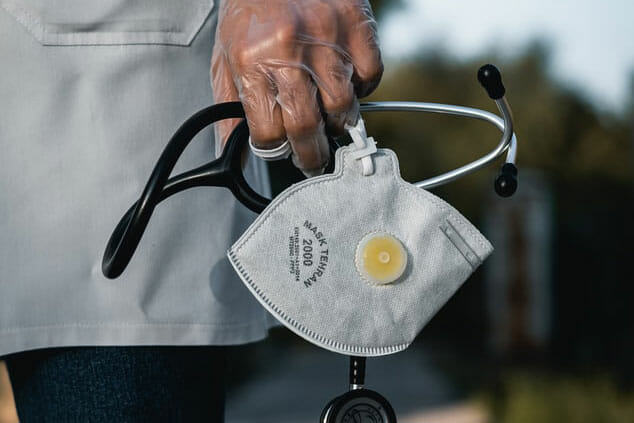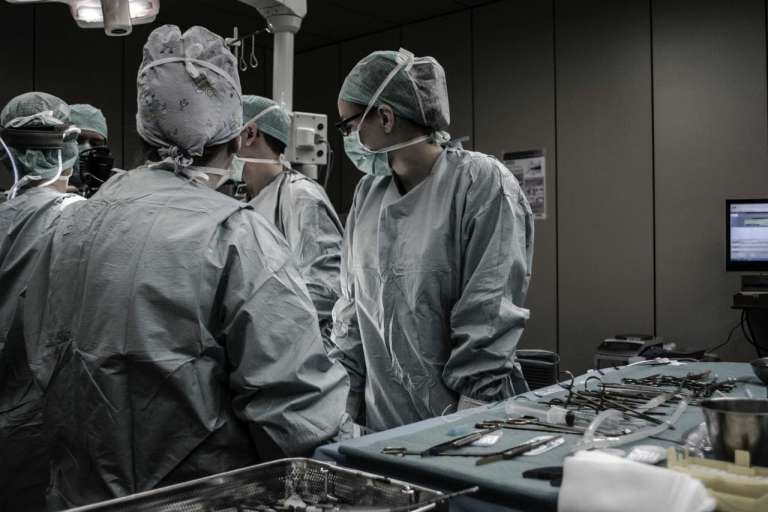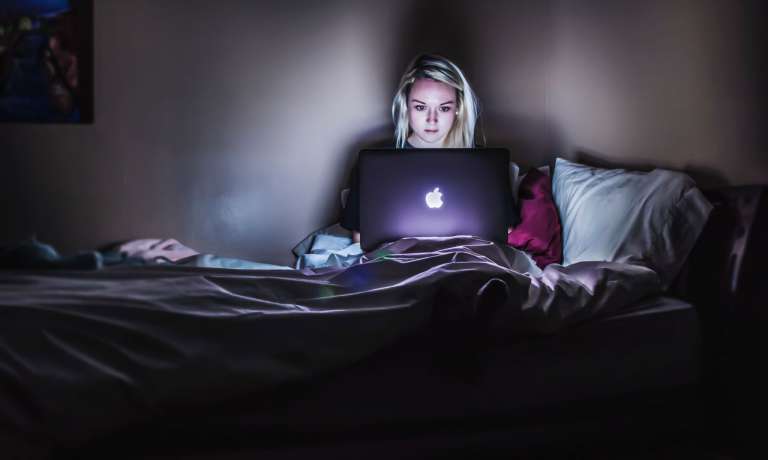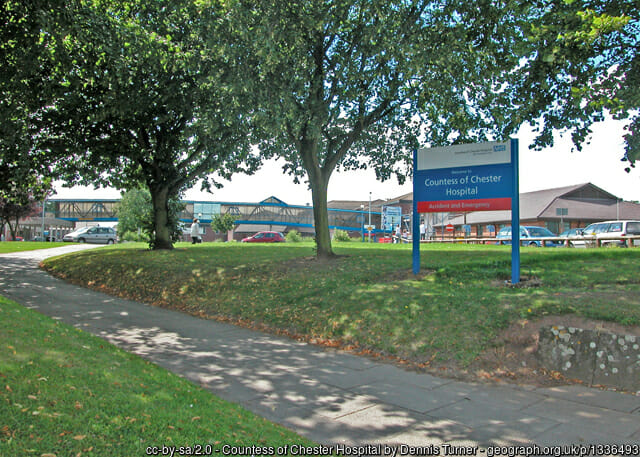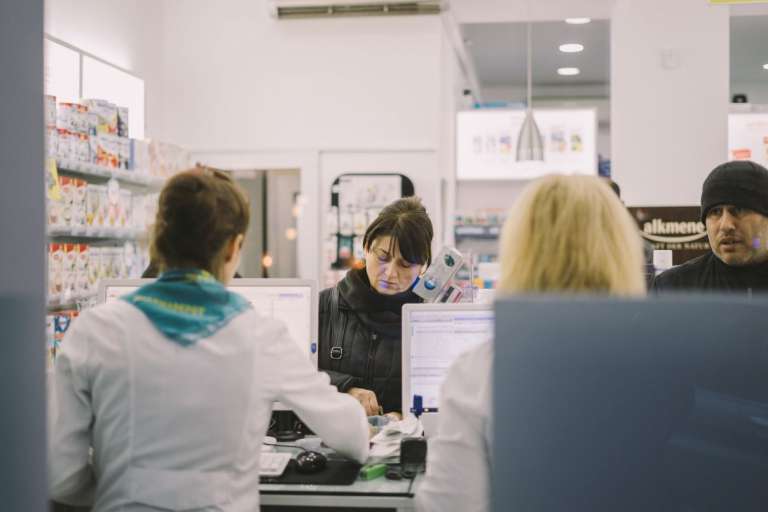In response to an abnormally low volume of non-coronavirus patients, the NHS have gone from overwhelmed, to essentially advertising for patients. They have been sending a clear message that if you need medical help, you should still seek it. But we understand that it’s hard to know how you should seek medical help at the moment, because some services are not operating as usual. That’s why we’ve compiled this guide on how you should seek medical help during a pandemic.
Don’t Ignore Your Symptoms
Although it doesn’t address how you should seek medical help during a pandemic, not ignoring symptoms is the most important thing to know.
Some doctors are concerned that people who need treatment are avoiding appointments. They think people are worried that attending the GP or hospital will increase their chance of contracting coronavirus.
A&E departments are eerily quiet and GP surgeries are reporting that the majority of appointments are Covid related. Both would usually be filled with people suffering from a range of health problems. The fact that they aren’t worries professionals that other conditions are going undiagnosed.
Dr Nick Scriven, a specialist in urgent conditions and a former president of the Society for Acute Medicine, told The Guardian that “The biggest fear is people sitting at home ill and not attending A&E as they are frightened to.”
Professor Peter Johnson, the NHS clinical director for cancer, has also urged people not to delay seeking help if they have any of the early warning signs for cancer. He said; “NHS staff have made huge efforts to deal with coronavirus but they are also working hard to ensure that patients can safely access essential services such as cancer checks and urgent surgery.
“From online consultations to the roll-out of cancer treatment hubs we are doing all we can to make sure patients receive the life-saving care that they need.
“The wishes of patients and their families will always come first, and we have to make sure that people feel safe coming to hospitals, but my message is clear: people should seek help as they always would.
“We know that finding cancer early gives us the best chance to cure it.”
If you are experiencing worrying symptoms you must seek medical attention.
How do I get GP Treatment During a Pandemic?
Do not attend your GP surgery if you think you have symptoms of coronavirus (high temperature, a new, continuous cough or a loss or change to your sense of smell or taste). You should self-isolate and use the NHS 111 online coronavirus service to find out what to do, or dial 111.
If you need to talk to your GP for any other reason check your surgery’s website for any specific instructions on how to make an appointment. Most surgeries are offering telephone and video appointments in the first instance to discuss your problem. They will give you specific instructions if you need to attend an appointment at the surgery.
We caught up with a GP who regularly advises us on claims. He described how his NHS surgery has teamed up with two other local surgeries to treat patients at this time. Two of the surgeries have been designated as Covid-free sites. All suspected Covid-19 cases are being directed to the third surgery. This reduces the risks for anyone that does need to attend a surgery for any reason unrelated to Covid-19.
All surgeries are well equipped to see patients safely. PPE is in use. Safe systems are in place to reduce the risk to both patients and staff. If you have been invited to attend your GP surgery, you should not worry about going to the appointment.
How do I get a Prescription During a Pandemic?
You can request any repeat prescriptions online, either through your GP surgery or linked to your local pharmacy if they offer an online repeat prescription service.
Do not go to your GP surgery or pharmacy to order prescriptions. Call them if you cannot order them online.
When you order your prescription, order it at the same time and in the same amount you usually would. Do not order more than you need as this may mean someone else will be unable to get their medicine.
Read more about how to order repeat prescriptions online.
How do I get Emergency Treatment During a Pandemic?
Accident and emergency (A&E) is designed to treat people with genuine life-threatening emergencies. The NHS give a list of examples on their website.
During the pandemic, A&E is still open, as usual, to treat people to get treatment for emergencies. If somebody’s life is at risk, you should call 999. The emergency services are still operating as usual. The NHS list some examples of when this might be necessary on their website.
You should not attend your A&E if you think you have symptoms of coronavirus (high temperature, a new, continuous cough or a loss or change to your sense of smell or taste). You should call 999 if it is an emergency and should self-isolate and use the NHS 111 online coronavirus service, or dial 111, if not.
How do I get Mental Health Treatment During a Pandemic?
It has been widely recognised that lockdown is likely to have had a detrimental effect on people’s mental health. The NHS have published a guide to help people staying at home keep on top of their mental health. Although it is aimed at those who are shielding, the principles apply widely.
If you feel like you need support, remember that your GP is still available (in line with the guidance above). The NHS also provide a list of urgent support contacts. And finally, there are various charities, such as Samaritans and MIND, who are still working to help. The main thing to know is that support is still available, and those offering it want people who need it to use it.
Update (14 May 2021): We have now published an additional guide about seeking mental health treatment during the pandemic. This includes information about Improving Access to Psychological Therapies (IAPT), which you do not need a GP referral for.
How do I get Dental Treatment During a Pandemic?
We have written separately, in detail, about the reopening of dental practices in England and Wales.
Can I Make a Claim or Complaint Because I cannot get treatment?
Now you know how you should seek medical help during a pandemic, you might wonder what you can do if you are refused treatment.
The legal test in a negligence claim looks at what other reasonable providers of the same service would have done.
If you have suffered an injury because of poor treatment or lack of treatment, you can contact us. It is important to remember that your GP cannot treat you if they do not know about the problem. Our team will be able to advise whether we can help you make a claim on a no win no fee basis.

